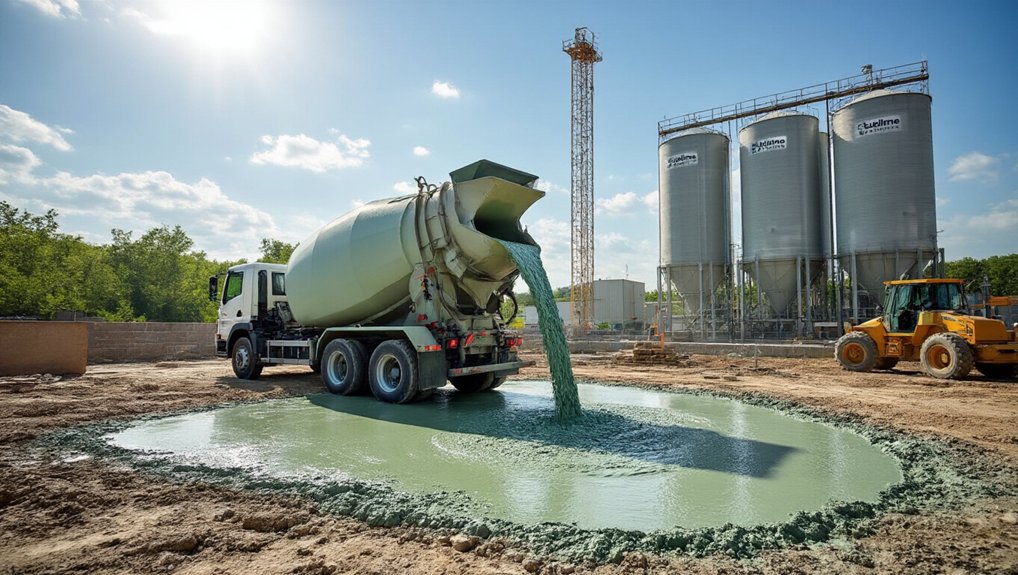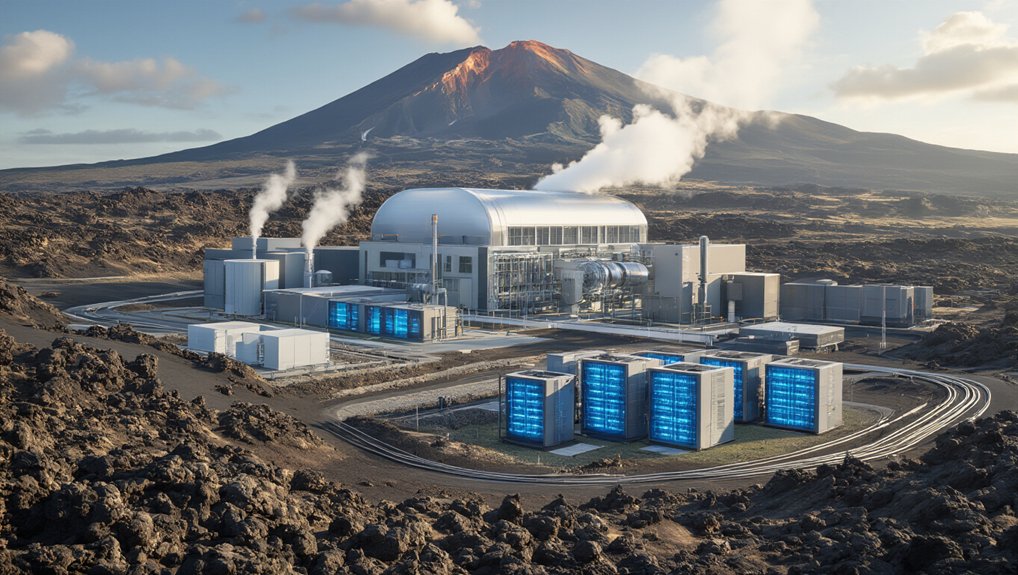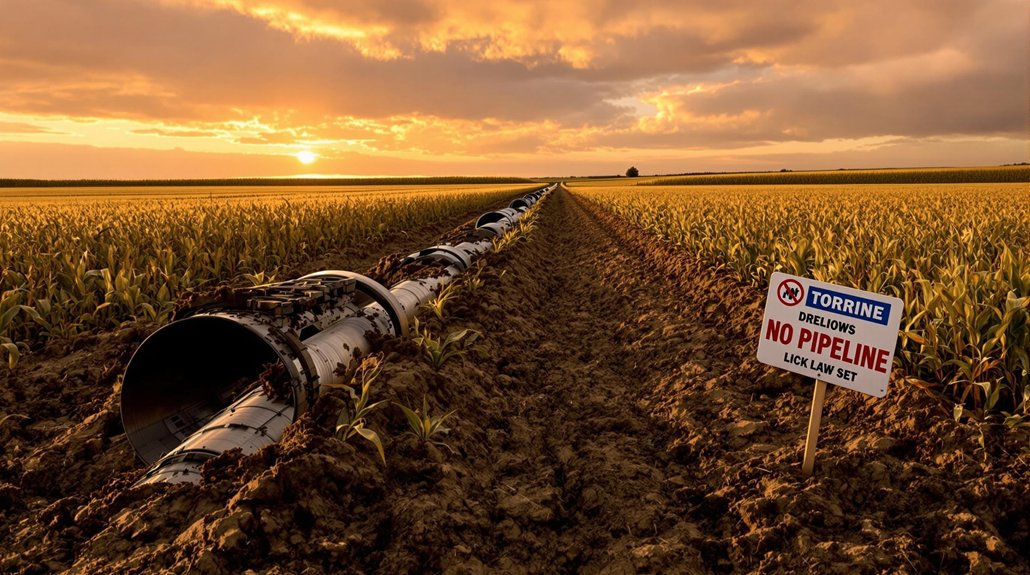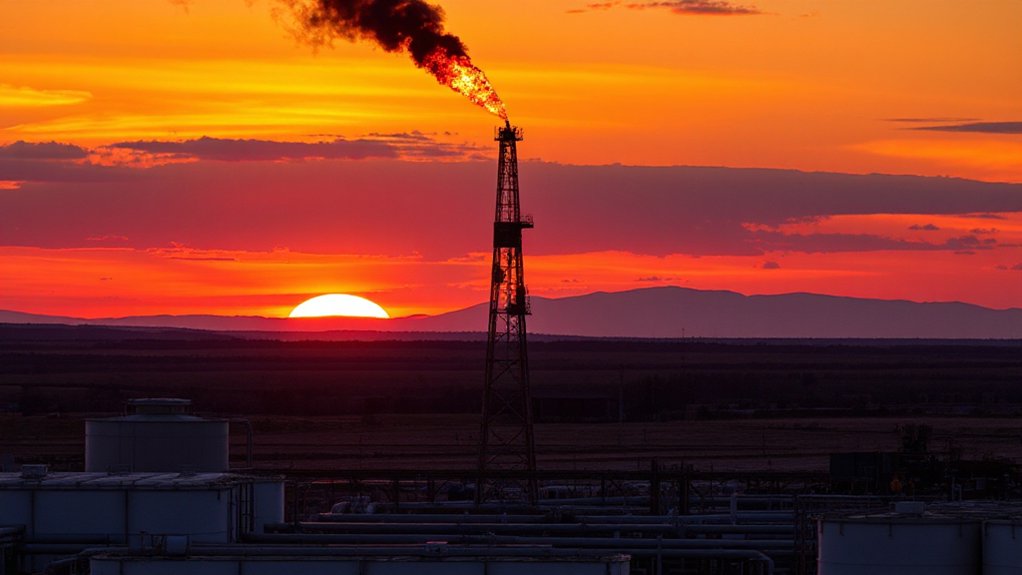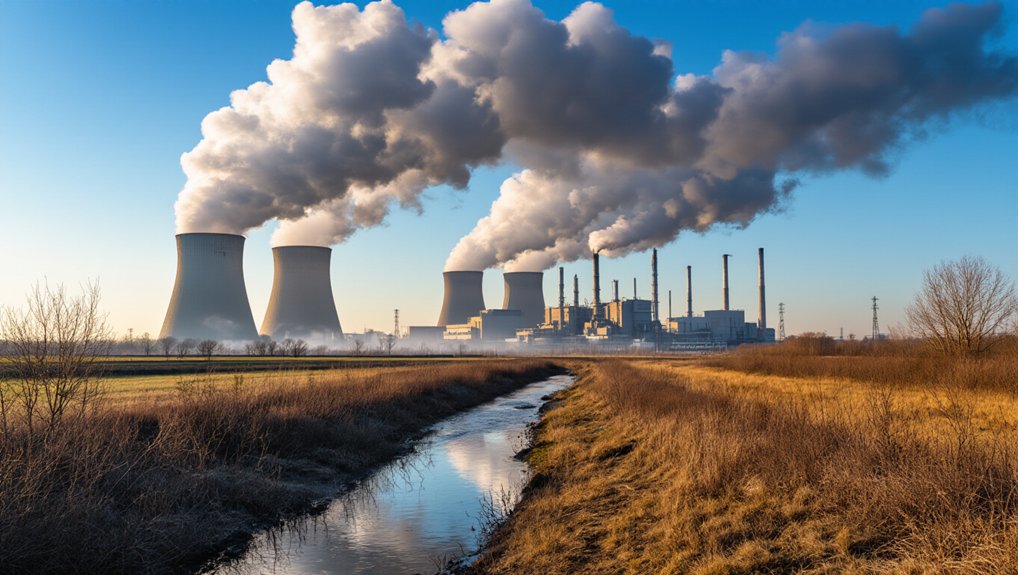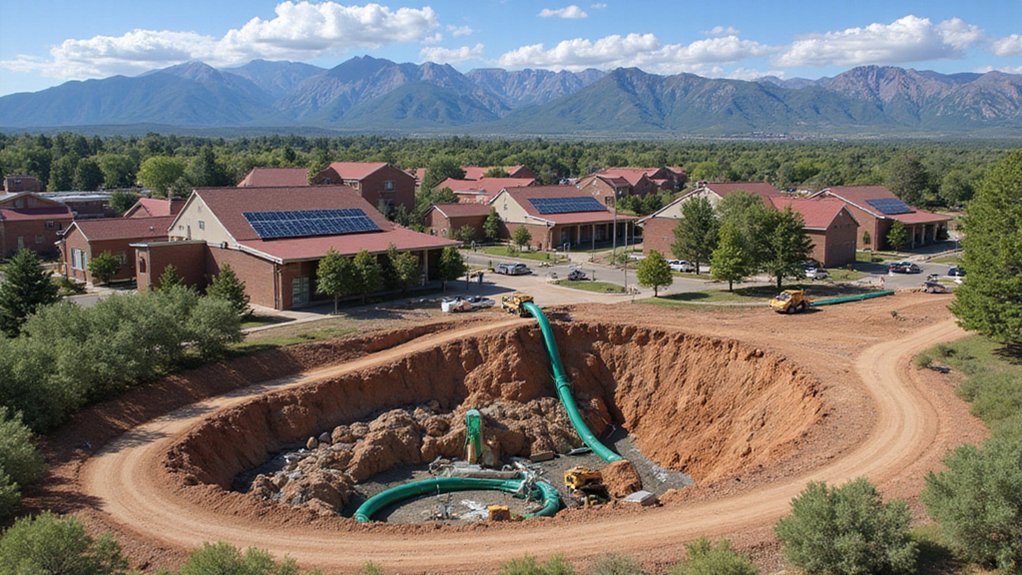Microsoft just signed a deal to buy over 600,000 metric tons of eco-friendly cement from a startup called Sublime Systems. That’s right, the company that brought you Windows is now getting into the concrete business. Sort of.
The tech giant hammered out a binding purchase agreement for 622,500 to 623,000 metric tons of Sublime Cement®, set to be delivered over six to nine years. The stuff will come from Sublime’s first commercial factory in Holyoke, Massachusetts, which isn’t even operational yet. It’s supposed to fire up in 2026 with $87 million in federal funding backing the project.
Here’s where it gets interesting. Microsoft isn’t just buying cement to build more data centers, though that’s definitely part of the plan. They’re trying to hack the construction industry. The contract includes something called Environmental Attribute Certificates, or EACs, which can be sold separately from the actual cement. Think carbon credits, but for concrete.
Why would anyone do this? Simple math. Traditional cement production pumps out massive amounts of CO2. Microsoft wants to be carbon negative by 2030. You can see the problem.
The EAC system is basically a workaround for all the headaches that come with using new materials. Geographic limitations, supply chain nightmares, costs that make accountants cry. Microsoft gets to claim the environmental benefits even if they can’t physically use the cement in every project. Clever, if a bit convoluted. These certificates will require independent third-party verification before Microsoft can officially acquire them.
When Microsoft can actually get their hands on the physical material, they’ll use it for data centers, office buildings, whatever needs building. Priority access is baked into the deal. Smart move, considering everyone wants green construction materials these days.
Sublime’s Holyoke factory will crank out 30,000 tons annually once it’s running. This initiative reflects growing corporate demand for sustainable management practices that ensure resources remain available for future generations. Microsoft’s purchase represents roughly 20 years of production at that rate. That’s commitment. Or desperation. Maybe both. The cement quantity is enough to build 25 to 35 NFL stadiums, putting the scale of this deal in perspective.
The whole scheme aims to create what Microsoft calls a “flywheel effect.” Big purchases drive demand, demand brings down costs, lower costs mean more adoption. Rinse, repeat. Whether it works remains to be seen, but at least someone’s trying to make construction less apocalyptic for the planet.
References
- https://www.datacenterdynamics.com/en/news/microsoft-to-purchase-623k-tons-of-low-carbon-cement-from-sublime-cement/
- https://www.bizjournals.com/boston/inno/stories/news/2025/05/22/sublime-systems-signs-contract-microsoft.html
- https://www.businesswire.com/news/home/20250522620990/en/Sublime-Systems-and-Microsoft-Sign-Binding-Long-Term-Purchase-Transforming-the-Market-for-Clean-Cement
- https://cementproducts.com/2025/05/23/microsoft-weighs-600k-ton-sublime-cement-order/
- https://news.microsoft.com/on-the-issues/2025/05/26/building-new-markets-to-advance-sustainability/
